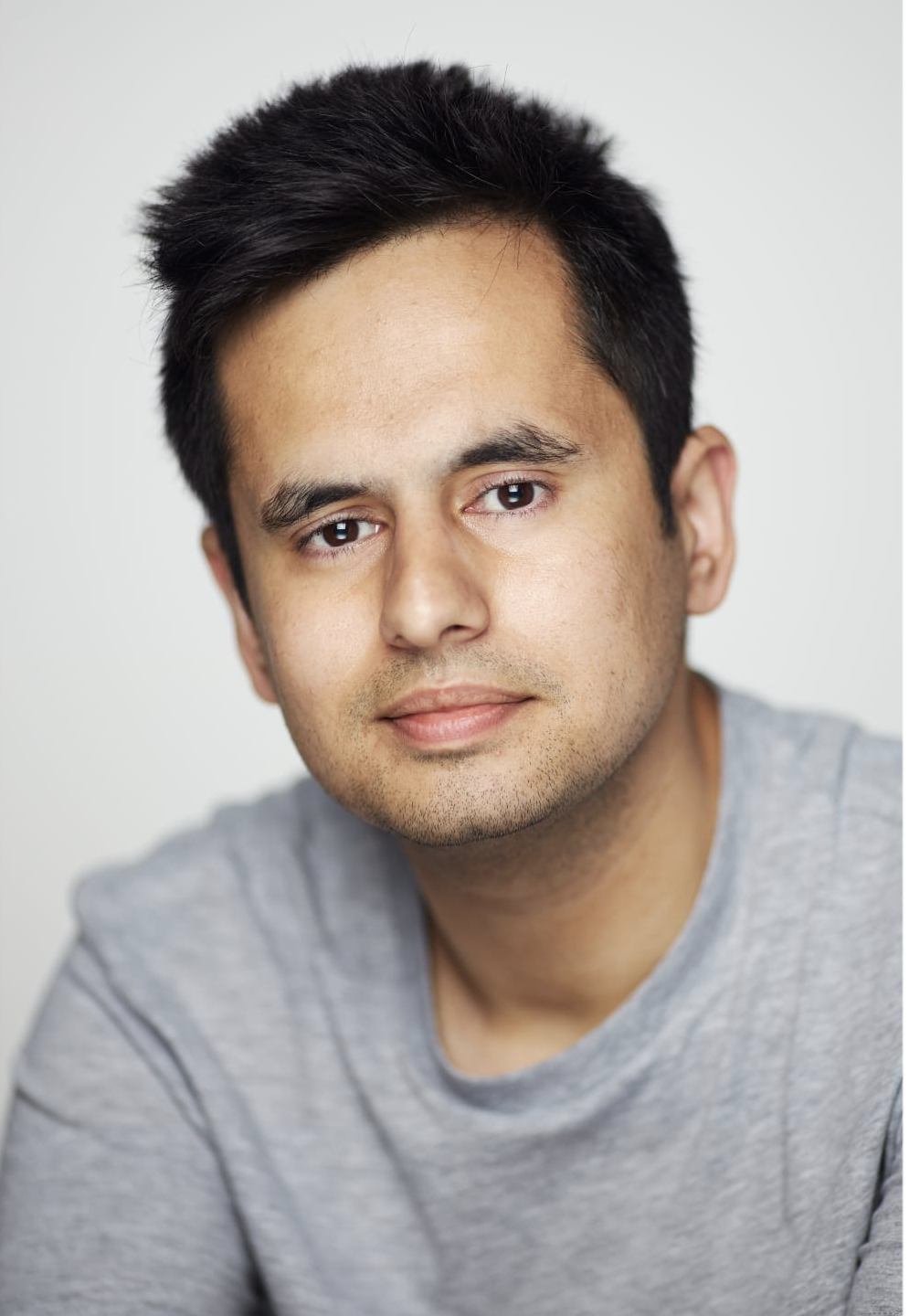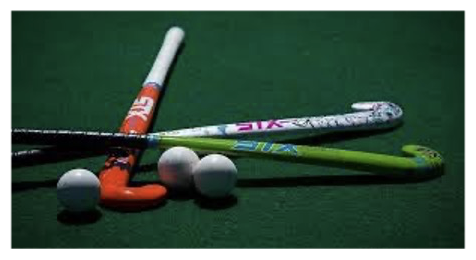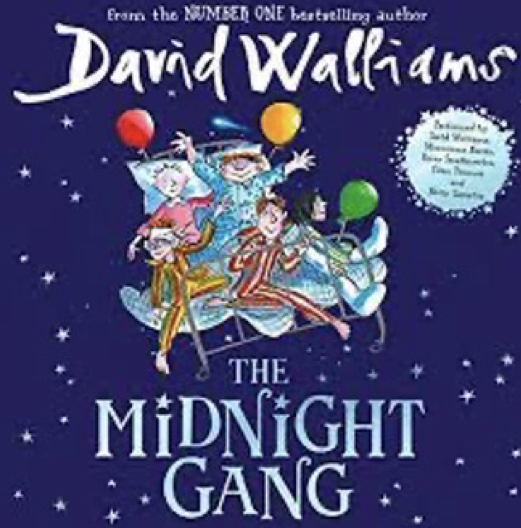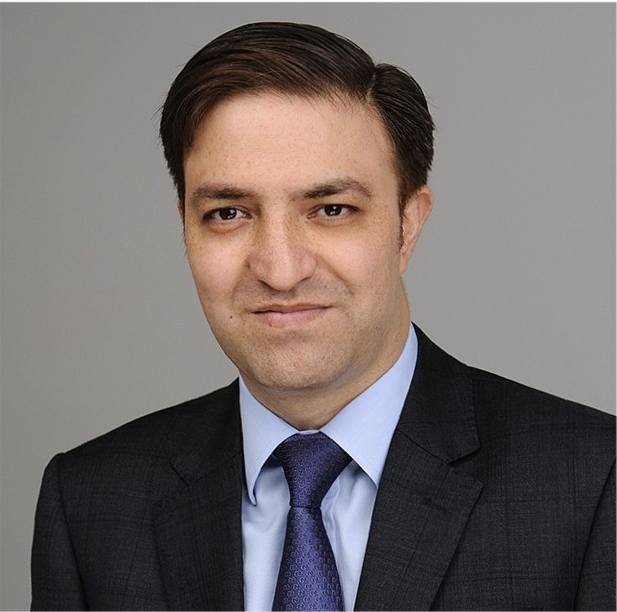
Rapid Fire With Rahul Raina
Rahul Raina’s (27) debut book How to Kidnap the Rich is a wonderful, original, hilarious and biting sweeping satire of modern-day India that has received rave reviews and already been optioned by US film and TV network HBO. It has been sold into translation into numerous languages. His writing is high on entertainment value and a free-flowing writing style that connects with a wide cross-section of readers. He runs his own consultancy in England for part of the year and works for charities for street children and teaches English in India during the low season.
How does it feel to be an author at an unconventionally young age?
Personally, I feel good for myself because it’s quite rare to be an author in our community but more importantly because it’s good for the community. There aren’t many Kashmiris who write books so I feel it’s nice to bring our stories into the mainstream because we need to talk about the community.
Is writing something that you do on the side or full time?
Right now it’s on the side but then I think eventually it could turn into a full-time job. When I talk to people in the publishing industry, they advise never do it as a full-time job to begin with, because it’s very risky. One day your book could sell for a fortune and the next one could sell for pittance.
Did you always know you wanted to be an author or did you discover writing along the journey?
Along the journey because I’m very practically minded. If it doesn’t make sense financially, I would be cautious. I picked up writing as a hobby to de-stress myself from working and now it’s built-up overtime as a profession.
Did you have a creative flair growing up and could you or those around see your as budding author?
No, not really. I was at a school where everyone was White British. So the stuff I wanted to talk nobody else was really talking about. I felt on my own, and nobody would understand. They were writing stories radically different from mine. I wanted to but I just didn’t know how to do it in the right way.
Do you want to capture things in your books that perhaps were not expressed when you were younger?
Yeah through conversations between characters in your books. Obviously like there weren’t very many Indian or Kashmiri families. it’s nice to be able to talk about things in a new and different way because the voices of immigrants in this country are slowly coming out. We now know how to work our way through the industry. There are people who have forged bridges before us and so that’s what I find interesting that slowly we can move as the generations come down.
When did you get that shift in your mindset that writing was what you wanted to focus on?
About 3 or 4years ago. It was more of a I think it just comes with age. At first you feel a little bit insecure and wonder if anybody would care about what I had to say and then after a while you begin to place trust in your creativity.
How do ideas come to your head? And how do you put them into words?
I use ‘Google Keep’. I just write everything down that ever occurs to me so it’s right there on my phone, so it’s always in my pocket whenever I need it. I think pretty much everyone does have these sorts of creative ideas, but they just don’t write them down and it is important to make sure that all of those ideas are down on paper somewhere so that you can refer to them.
How does it feel now to have one of your books amongst that list of authors that you often read? Where do you want to go from here?
It feels good. This is a good start and I’d like to push on now and do something bigger and better. Immigration is an interesting thing about kind of meeting different cultures and mixing different things together. So that would be this sort of stuff that I will be interested in talking about. Hollywood and publishing are starting to realize that India has a strong consumer base and a lot of people in it who are interested in this kind of thing. And they want to tell new stories about themselves. After coronavirus, the whole world has been brought together that I think is an interesting time to tell stories that go across the globe rather than which are just narrow. I think KPs see themselves as making our way, of forging our own path in this world.
Do you feel you would ever write about Kashmiri Pandits?
I would, but I think I need more time and more expertise and more training. It’s not something that I would take on in the immediate future. I want to because I just feel that I would be unworthy for it. I wouldn’t be good enough to do it like I think I need a couple more underneath my belt to be able to tackle that properly.
As an author, do you want to focus on fiction or non-fiction?
Fiction. I want there to be a distance between myself and my writings. Fiction allows you to do that.
Are you considering topics related to KPs into your books in the future?
One of the best things about doing this book was that I got to write an article for the Guardian about Kashmiri cuisine so that was something I really enjoyed doing. That’s the sort of thing that I mean to talk about, our life, our culture and our community, but not in the context of bombs and police and barbed wire and people getting shot. That’s the sort of thing that we should talk about. The positive aspects of our culture, what brings us together.
What do you like to read like in your free time?
Non-fiction. I like to read travel guides and cookery books. That for me is just the most interesting way of seeing the world without actually having to go there. And especially in the last two years, I haven’t been able to go anywhere. Lonely Planet is good and nonfiction about people traveling places like Jan Morris, Ryszard Kapucinski; people who are writing about the world and experiencing new cultures and places.
What message do you have for the readers of our community?
I think it’s important to tell our stories and tell them in a positive way. We should not turn our story and history merely into political messaging or activism. We should talk about poetry, our art and culture, because I think that we have a lot to give. It’s important to believe that doing creative things doesn’t have to be a full time job but to just think about them as an outlet for expression.






